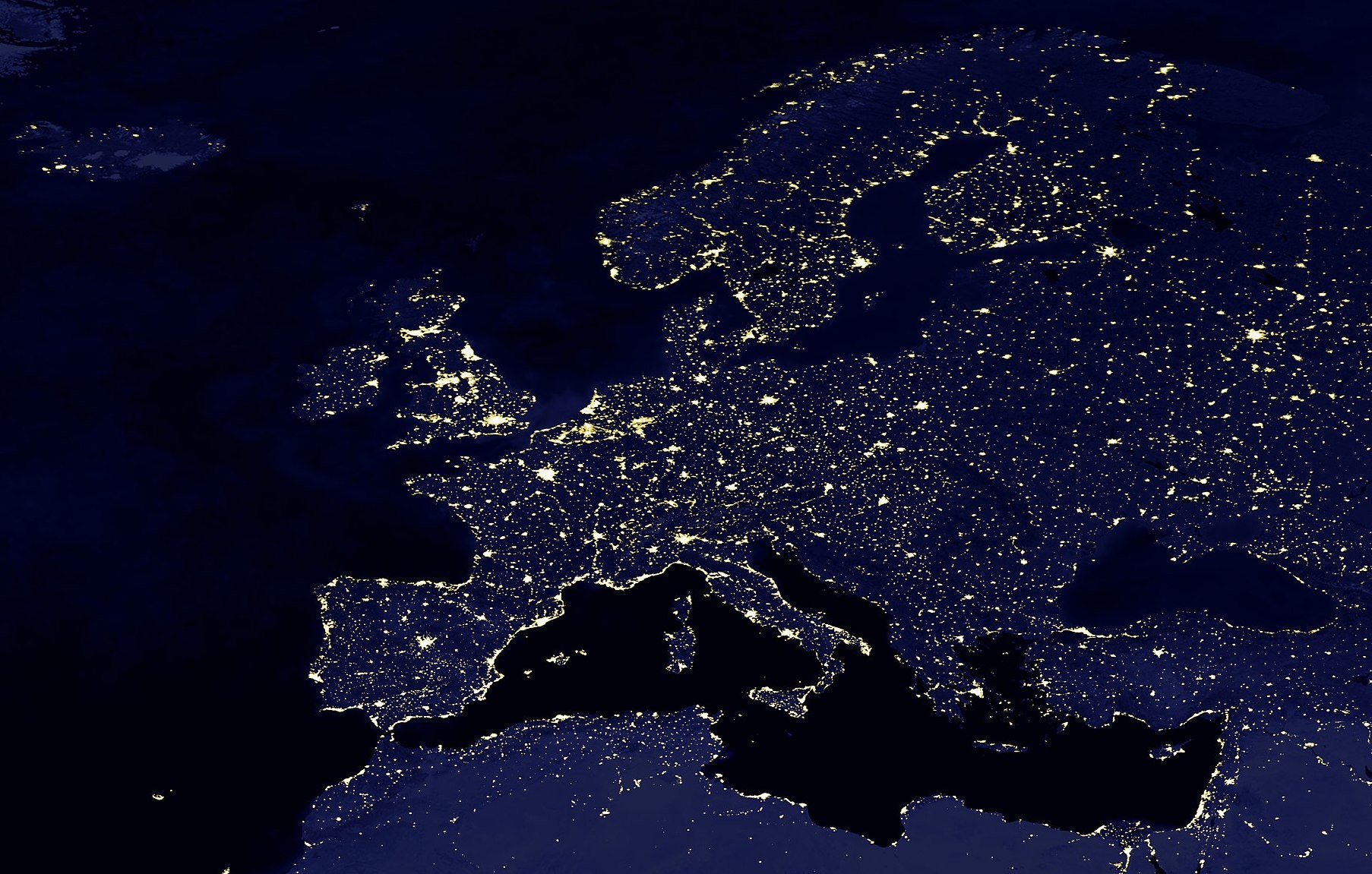This course is designed to introduce students to the understanding of the current dynamics of European politics and society with specific attention to those countries that belong to the European Union. The course is composed of three modules. The first module covers some of the most salient historical devel- opments in European politics and it explains their underlying social factors. The classes focus on the social cleavages that provoked the emergence of the European party systems, the decline of the post-war con- sensus, and the causes of right-wing populism. The second module considers some questions that have recently opened highly divisive public debates in most European societies, notably immigration, the reli- gious identity of Europe, gender equality, LGBTQ rights, and the future of European welfare states. Finally, the third module discusses what the European Union is, how its complex multi-level institutional system works, and its likely future. The course instructor presents theoretical and empirical works, reviews social research methods and, through an active learning approach, encourages students to think critically about the political and societal issues in contemporary Europe.

- Teacher: Fabio Bolzonar